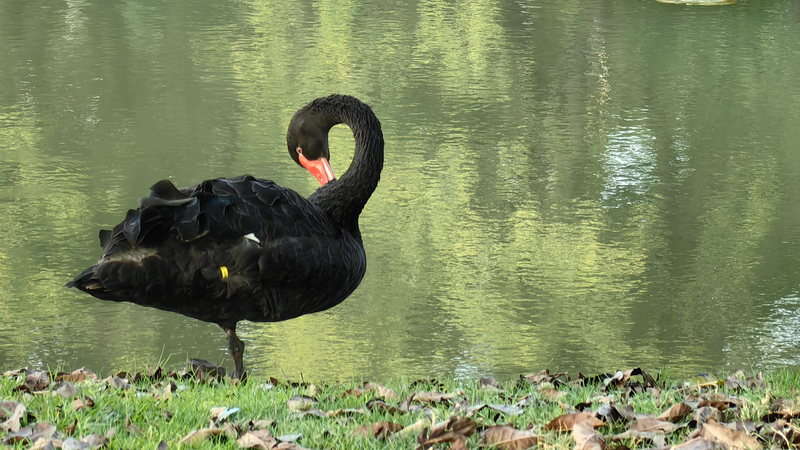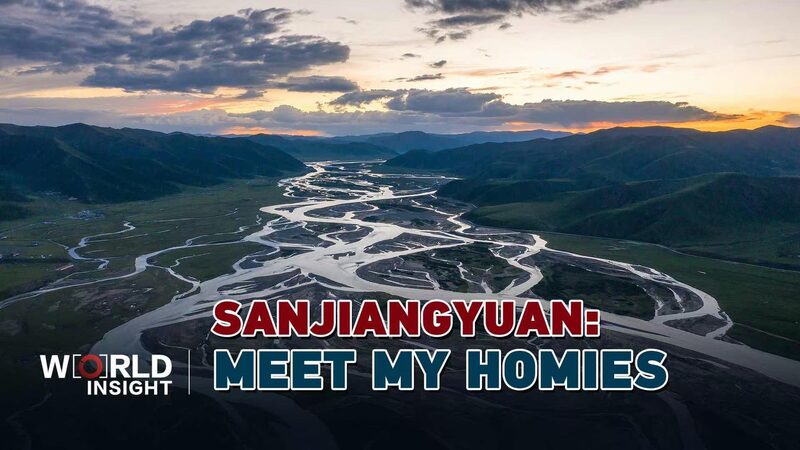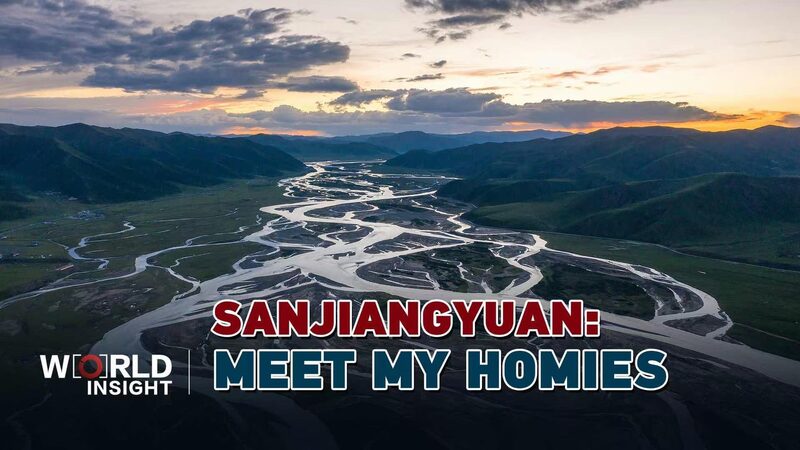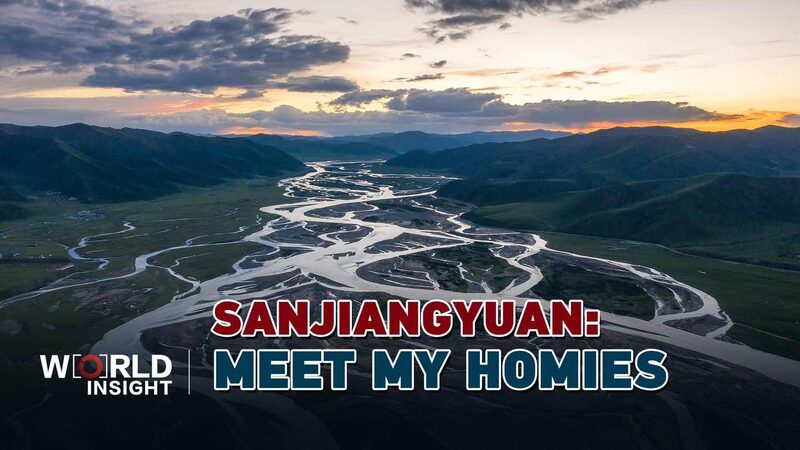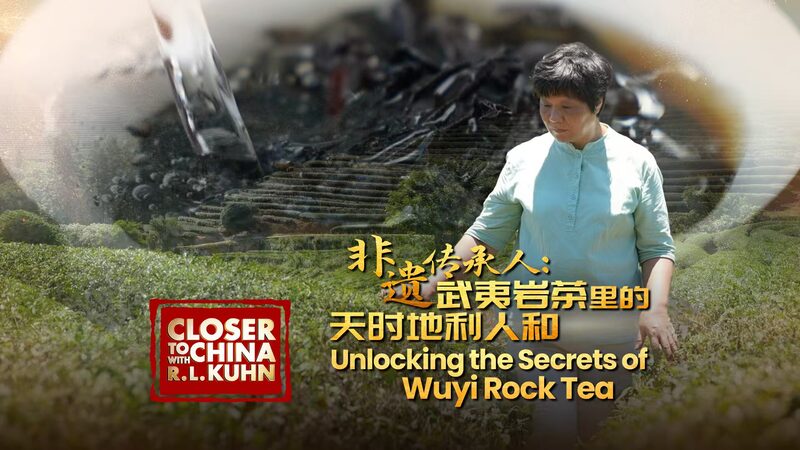In Yunnan's urban green spaces, an extraordinary social dynamic unfolds daily. While residents jog along tree-lined paths and tourists snap photos of blooming camellias, black swans patrol waterways with regal indifference. These feathered residents exemplify Yunnan's unique ecological harmony, where 65% of the province remains forested and 18% of China's vertebrate species thrive.
"We've stopped being surprised by langurs crossing mountain highways or pheasants strutting through tea plantations," says Kunming-based ecologist Dr. Li Wei. "What fascinates us now is studying how species adapt behaviors to urban environments."
This coexistence fuels Yunnan's US$48 billion nature tourism industry, with wildlife-friendly lodges reporting 90% occupancy through 2025. Recent infrastructure upgrades, including a new high-speed rail connection to Vietnam, make the province increasingly accessible to international travelers seeking authentic ecological experiences.
As climate challenges intensify globally, Yunnan's model of development-balanced conservation offers valuable insights. The provincial government recently announced expanded protections for migratory bird corridors, ensuring this delicate dance between species continues evolving.
Reference(s):
My hometown Yunnan: Where animals are the 'original residents'
cgtn.com
